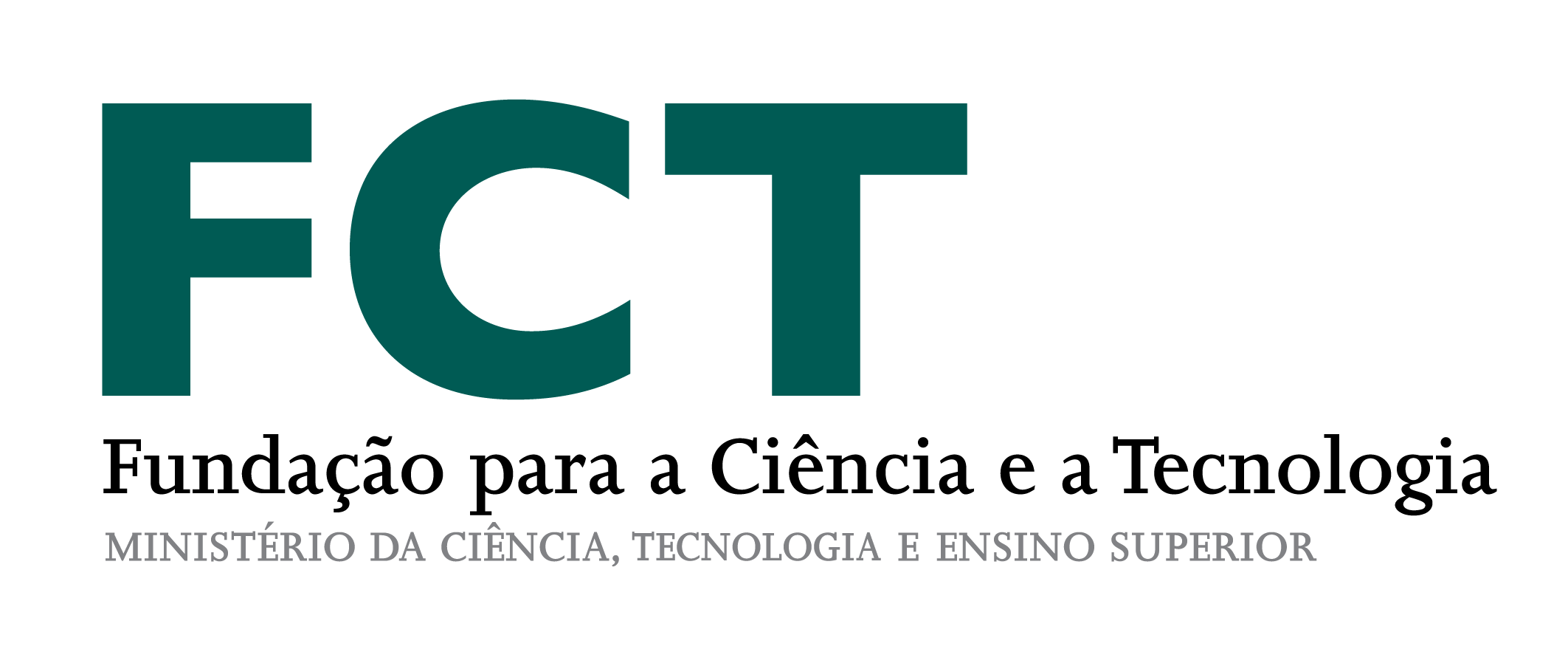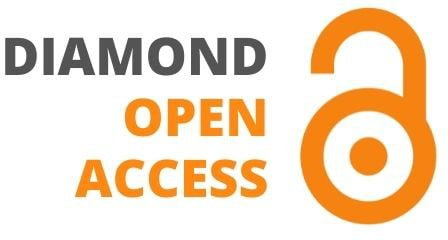Chronicles of civil society in Assam and Meghalaya: converting girls and women from «bad to good»
Barnali Das*, Rekha Pande**
* Centre for Women’s Studies, Dibrugarh University, Assam, India
https://orcid.org/0000-0001-8704-1822
** Centre for Women’s Studies, University of Hyderabad, Telangana, India
https://orcid.org/0000-0001-8704-1822
This paper examines the standpoints and the approach of the stakeholders working towards combatting sex trafficking in Assam and Meghalaya, India, with the aim of understanding whether the selected stakeholders uphold a gender-sensitive conceptualization, understanding and approach towards sex trafficking. Such an approach is significant since it ensures that victims of sex trafficking are protected from further marginalization and exploitation. In contemplating the voices of the stakeholders, the paper shows that the implementation and execution of the anti-trafficking provisions are genderladen. It claims that, while putting the anti-trafficking provisions of prevention, rescue, rehabilitation and repatriation into action, the stakeholders do not differentiate between voluntary and forced sex work. The absence of this distinction results in the “forced rescue” of voluntary sex workers. This article therefore shows how stakeholders impose the idea of “normal womanhood” and constantly seek to control and regulate women’s sexuality.
Keywords
sex trafficking, forced rescue, rehabilitation of victims, gender-sensitive approach
Crónicas da sociedade civil em Assam e Meghalaya: a conversão de meninas e mulheres de «más em boas»
Neste artigo examina-se os pontos de vista e a abordagem dos/as intervenientes no combate ao tráfico sexual em Assam e Meghalaya, Índia, com o objetivo de entender se os/as intervenientes selecionados/as sustentam uma conceptualização e abordagem sensível ao género relativamente ao tráfico sexual. Tal abordagem é relevante, pois garante que as vítimas de tráfico sexual sejam protegidas de novas marginalizações e de exploração. Ao analisar as vozes dos/as intervenientes, o texto mostra que a implementação e a execução das disposições anti-tráfico se baseiam numa perspectiva enviesada de género. Defende-se que, embora ponham em prática as disposições anti-tráfico de prevenção, resgate, reabilitação e repatriação, os/as intervenientes não diferenciam entre trabalho sexual voluntário e forçado. A ausência desta distinção resulta no «resgate forçado» de trabalhadoras do sexo voluntárias. Assim, este artigo mostra como os/as intervenientes impõem a ideia de «feminilidade normal» e procuram constantemente controlar e regular a sexualidade das mulheres.
Palavras-chave
tráfico sexual, resgate forçado, reabilitação de vítimas, abordagem sensível ao género
Crónicas de la sociedad civil en Assam y Meghalaya: conversión de niñas y mujeres de «malas a buenas»
En este artículo se examina los puntos de vista y el enfoque de los/las intervinientes en la lucha contra la trata sexual en Assam y Meghalaya, India, con el objetivo de comprender si los/las intervinientes seleccionados/as defienden una conceptualización, comprensión y enfoque sensibles al género hacia la trata sexual. Este enfoque es importante, ya que garantiza que las víctimas de la trata sexual estén protegidas de una mayor marginación y explotación. Al analizar las voces de los/lasintervinientes, el texto muestra que la implementación y ejecución de las disposiciones contra la trata de personas se basan en una perspectiva sesgada de género. Se defiende que, al poner en práctica las disposiciones contra la trata de prevención, rescate, rehabilitación y repatriación, los/as intervinientes no distinguen entre trabajo sexual voluntario y forzado. La ausencia de esta distinción da como resultado un «rescate forzoso» de trabajadoras sexuales voluntarias. Por lo tanto, este artículo muestra cómo los/las intervinientes imponen la idea de «feminidad normal» y intentan constantemente controlar y regular la sexualidad de las mujeres.
Palabras-clave
trata sexual, rescate forzoso, rehabilitación de víctimas, enfoque sensible al género
DOI: https://doi.org/10.22355/exaequo.2021.44.12

Direitos de autor: Creative Commons – CC BY NC
 Direitos de autor: Creative Commons – CC BY NC
Direitos de autor: Creative Commons – CC BY NC











